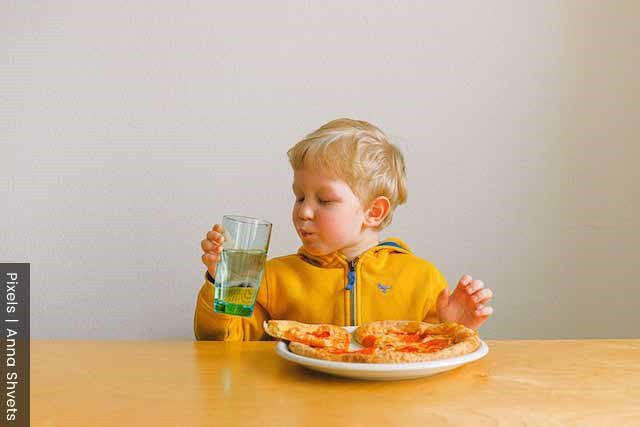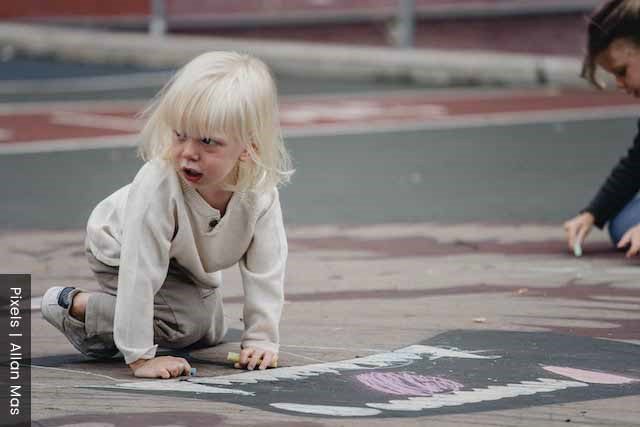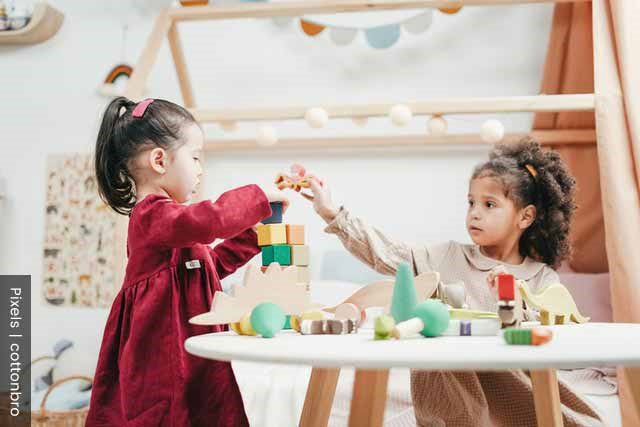The role of a mother in early life cannot be understated. Away from maternal instincts, the mother is instrumental and influential in a child’s early years. A mother can positively or negatively impact their children’s development.
This is a contentious topic; my previous blog posts have become a vehicle for me to hit the pressure relief button. You can infer very quickly that this man is in turmoil for those dialled in. Writing in snippets allows me to think through my issues. When I think, I investigate. There is no better way to absorb information than to distil it and share it with others.
In the middle of making sense of how the mother of my kids has been behaving, I have been trying to figure out what the role of a mother is. While many things go into being a good mother. However, there are some essential aspects of early childhood development that a mother shines above even the best fathers.
This includes social-emotional development, language and literacy, mathematics, science, and technology. Some people believe a mother should be very involved and stay at home with their child. Others believe mothers should only be involved when needed and that fathers should take on more parental responsibilities. I personally stand in the camp that parenting duties should be what works well for the family unit.
This is the role I took, and I stand by it. A family is a unit, and gone are the days when the role of the mother is to be a caregiver to the kids and house. But unfortunately, such views have an archaic ring to them. This blog aims to explore the different roles mothers play during early childhood based on personal experiences and research.
A mother is a child’s biggest supporter, with unmatched, endless empathy, but what exactly does that mean?

Role of a Mother – What A Mother Can Have:
You are the child’s first teacher
A mother is the child’s first teacher – in more ways than one. A role model and teacher of life lessons. Without this guidance, the child can pick up bad habits that will follow them into adulthood. Children learn from their parents and emulate what they see.
They may even emulate you when they have children of their own. So, being an excellent example for your child to follow is vital. Especially as they grow up and become more independent adults with their own children.
The role of a mother is to offer a safe place for her child
Be a safe anchorage for your child. Your child is looking to you as a role model, so make sure they know they can always come to you if they need support or advice. For example, if your child is struggling with something, offer them an ear and help them find solutions together.
The most important thing to remember when raising children is to learn from their mistakes and from other people’s mistakes too. Don’t make assumptions about what your child knows or doesn’t know; it’s been proven that kids have awareness from the get-go!

Be a good model for healthy eating
Children learn what they eat by observing what others are eating around them. Learn how to prepare nutritious meals at home and control what they eat outside (if they need to eat out occasionally).
We all have a naughty day in a week of eating not-so-good food; even these naughty foods can be adequately prepared to limit the impact on health! If you want your child to eat healthy foods that will keep them strong and healthy, then you need to model healthy eating habits for them early.
Setting an example means ensuring your diet is balanced, so your child does not face any health problems later in life.

Respect your child’s feelings and moods
Research indicates that you should respect your child’s feelings and moods. Things such as;
- Not behaving like an adult too much when your kids are around.
- Not taking things seriously just because they are serious.
- Not making fun of other people (this shows that you don’t respect them).
Demonstrating a high level of ethics will lead to a positive influence over your kids.
Show interest in things that matter to your child
Your child’s brain develops rapidly during the early years of life. The more you understand what is happening inside your child’s head, the better you can help them succeed in life/school education and beyond.
Help your child think about what he or she did during the day through conversation and books. Also, be ready to do some hands-on work with your child.
Talk with your child about how he or she feels about something that happened during the day or in the past. This can be things that pop up in school or playing with friends in the neighbourhood. You can speak about their actions and why he or she does something. What they thought about their activities and what they might do differently if given the opportunity again.

The role of a mother is to help her child think about what he or she did during the day
Help your child think about what they did during the day. Ask the child to describe the activities they participated in, where and with whom, for how long, and their role in each activity. If your child is just learning to talk, point out some things for them to say.
Follow the rules and routines you set with your child
Follow the rules and routines you set with your child. One of the most important things you can do when parenting a child. Your child will learn what is expected of him or her if they have a structure and routine during the day.
It’s also important for parents not to get upset if they don’t follow along with what they have set up at home. So often, practice is required, but it will make life easier for everyone involved!

Share decision-making with your child as they grow
Young children can’t always understand why certain things happen or why they don’t get their way all the time. But that doesn’t mean you should let them make their own decisions alone; this should be shared!
You might feel it’s easier for everyone if you take the executive decisions yourself. Giving kids some independence early in life helps them develop other skills like problem-solving and negotiation later in life.

Final thoughts on the role of a mother:
Your role as a mother differs from other family members in meaningful ways. As a man and a father, I can see the influence of mothers on their kids. I consider myself a modern father. Although I have been and am very hands-on with all this, I clearly see the power of a mother’s input in a child’s early life.
Mothers are the principal parent in their child’s early years, and care must be taken to help make sure that their kids grow up healthy and happy.
This is regardless of if you’re a stay-at-home mom, working mom, or dual-income family. There are many ways that mothers can contribute to their child’s development. Staying consistent with parenting style, establishing rules and limits for daily activities, and being patient while the child learns their own unique way of life is paramount.
In my current situation, I would have to say, listening to what the child wants and what they do not like can mitigate against later life damage. Being tuned in to their needs and placing ego-driven needs to one side ensures that the child grows healthy. After all, the kids did not come and knock on the door to tell you to have them!
The points raised above apply to fathers also!


